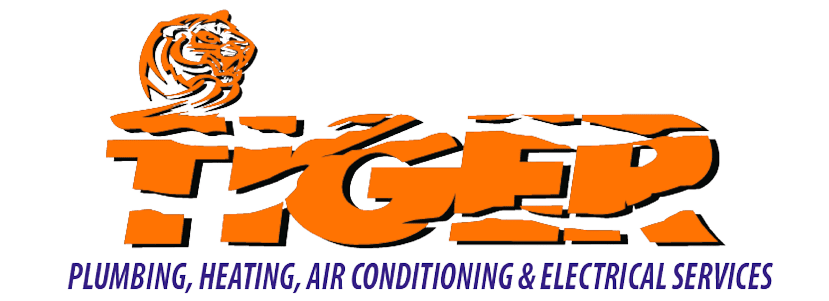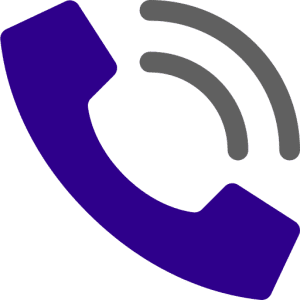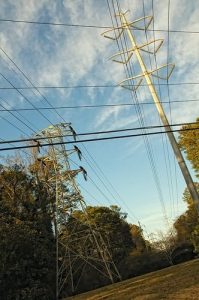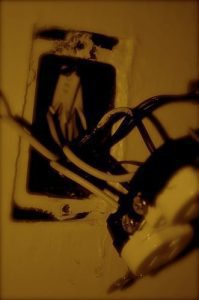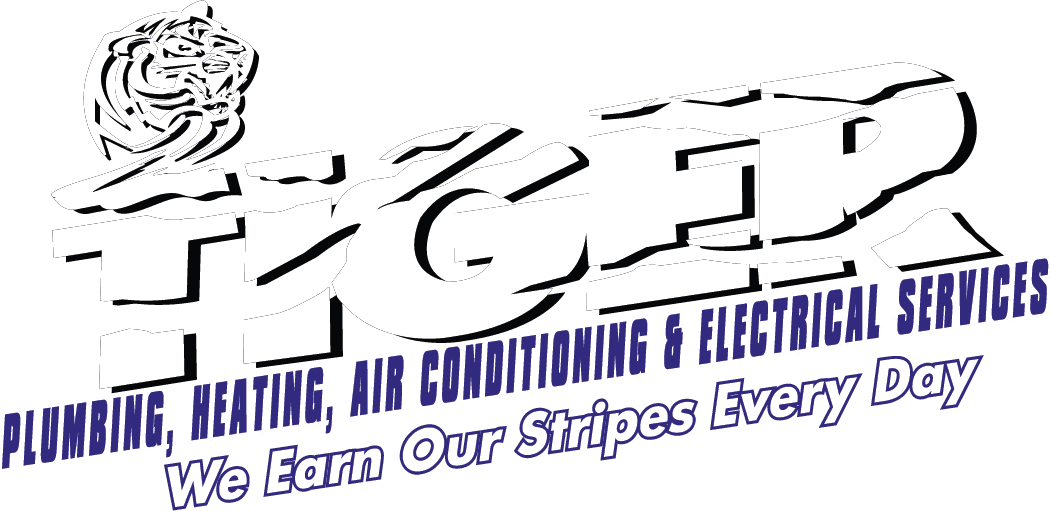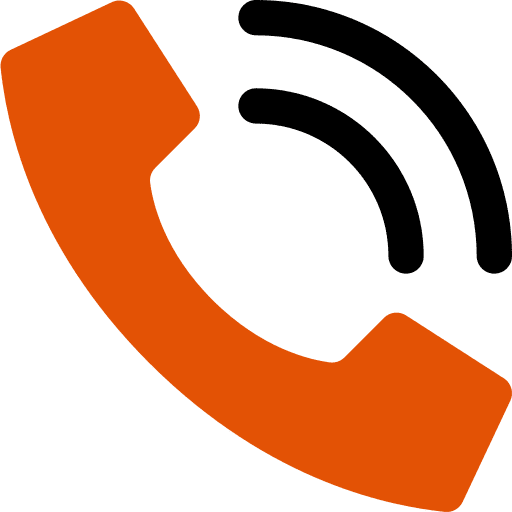Springtime and warmer weather bring about a flurry of activity in the Metro East — inside the home and outdoors — as well as the potential for accidents. Just as homeowners begin wrapping up their spring cleaning or landscaping in the yard, National Electrical Safety Month in May provides a good time to revisit the importance of safety when working around electrical lines or equipment.
Homeowners are seven times more likely to be injured at home than at work, according to the National Safety Council. For residents considering any home improvement repairs such as roof work, exterior painting, landscaping, or building a patio, following a few simple precautions can help avoid a painful and costly accident.
“We want to make sure our customers have all the information they need to stay safe this spring and summer as the warm weather rolls in,” said Ken Bowman, PECO’s (Pennsylvania Electric Company’s) manager of safety and industrial hygiene. “For example, it is critical that customers stay clear of the service cable that supplies power to the home. And, if you are going to work underground, call to have all the underground pipes and wires marked for your safety.”
“When it comes to any electrical work inside your home or working near power lines or underground cable, the smartest thing to do is to hire a licensed professional,” Boyle continued. “It is difficult at times distinguish between a phone line, cable line or power line or know the proper safety precautions. This work is sometimes best left to the experts.”
The following are a few simple safety tips that homeowners should follow while working inside and outside of the home. For more information on electric safety, visit our website.
- Inspect your home for electrical safety. Check outlets and extension cords to make sure they are not overloaded. Examine electrical cords to make sure they are not frayed, damaged, or placed under rugs or carpets. Make sure the proper watt light bulbs are being used in light fixtures and lamps. Install ground fault circuit interrupters (GFCIs) in areas that can get wet such as the kitchen, bathrooms, or outdoors. Test your smoke detector batteries annually.
- Hire a licensed professional to do the work. An older home may be inadequately wired for today’s electrical usage, putting your family at risk for fire and electrical shock. Hire a licensed professional to replace worn and outdated circuitry and add additional outlets to accommodate appliances and electronics.
- Use electrical tools wisely. Inspect your electrical tools on a regular basis, including large tools such as table saws, drill presses, and bench grinders. Look for frayed power cords, broken plugs, or cracked housings. Never use a damaged product. Never use electrical tools in the rain or in wet areas — specifically, do not use electrically powered lawn mowers on wet grass. Use three-pronged outlets and plugs. Always wear appropriate personal protective equipment like face shields, glasses, gloves, and boots. Refer to the owner’s manual for recommended protective equipment.
- Call before you dig. When working underground, “call before you dig” — whether you are planting a tree, building a fence, or laying a building foundation, contacting an underground line can be harmful. Call Illinois One Call at 1-800-892-0123, three working days in advance, to have underground utility lines marked for safety.
- Work safely outdoors. Be sure to use extension cords marked for outdoor use. An indoor extension cord can result in electric shock or cause a fire hazard when used outdoors. Call a licensed professional if your home repairs require work near power lines.
- Look up, stay away, stay alive. Even momentary contact with electric lines can injure or kill. This applies to lines attached to utility poles as well as those entering buildings. Always keep yourself, your equipment, and anything you carry at least ten feet away from power lines. Contractors and other professionals needing to work within ten feet of a power line should call Ameren (1-800-755-5000) or SWEC (1-800-262-0326) in advance to make arrangements to protect the work area. Be aware of power lines that run through tree limbs and branches. Climbing or trimming trees near power lines is dangerous. Trees located near aerial power lines should always be trimmed by a qualified contractor.
It only takes a moment to pick up the phone and call a licensed professional to look over the area before you begin. The safety of yourself, your family, and your home is what matters most to us. Visit our website or call us to schedule an appointment today.
photo credit: Power Lines
photo credit: DIY…
Financing
Options
Winning Team
